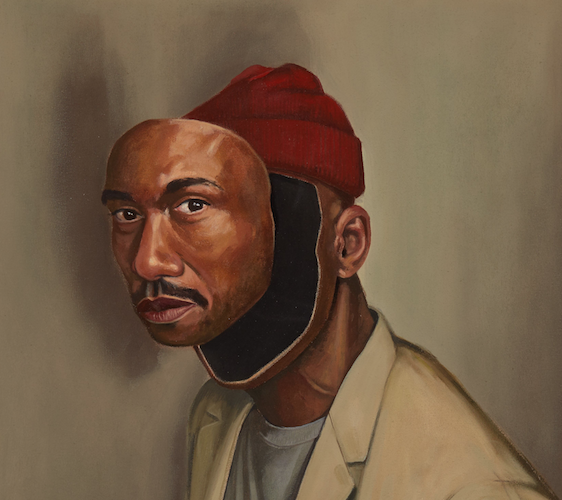Many people get in trouble with the law when young, either as teenagers or in their twenties. They are wired to take silly risks and are often led on by others. Some have real difficulties at home or school – difficulties which don’t excuse crime but do explain it. Many are exploited by older and more sophisticated people. Getting into trouble with the law often involves getting a police caution or a conviction in court. Receiving that punishment should be the end of it for youthful mistakes. But it is far from the end of it.
Our criminal records disclosure system means that a youthful mistake can haunt you for ever – in effect be a life sentence. Conditional cautions and convictions have to be declared to any new employer for at least three months after someone has accepted the punishment, sometimes much longer. And some cautions and convictions have to be disclosed for ever. So if you set alight a toilet roll in the school toilet as a prank and got involved in a fight as a teenager and were convicted at court, those crimes will hamper your ability to get some jobs for life. The offences are revealed in an enhanced DBS check, which you need to get for thousands of jobs including teaching, child-minding, care assistant, and taxi driver. Of course, an employer may still give you the job if you are a good candidate, but they could also reject you because of your criminal record.
The PCSC bill has some progressive measures to lower the barriers created by criminal records – the periods during which people with convictions have to declare them to employers will be shortened. But the criminal records checks system remains unfair – people are still faced with having to declare very old or pretty minor convictions to potential and current employers. Criminal records hold people back from applying for jobs and for promotions as many employers reject those with any record. A new campaign – www.FairChecks.org.uk (set up by the charities Transform Justice and Unlock) – is calling for public support to change the law. In particular, so that:
- Cautions never automatically appear on criminal records checks
- People can wipe the slate clean of childhood offences
- Those who have been sentenced to very short or suspended prison sentences do not have to declare them for life
Rachel is an example of someone whose life has been completely changed by an offence committed when a teenager. She was 19 when she went to prison for four months for arson, after pleading guilty to doing ‘the stupidest thing’. Despite turning her life around and staying out of trouble with the law since her conviction, the offence continues to show up on the checks which employers carry out for work in the guidance and advice sector, where she has ambitions to work. She had also wanted to study a social care degree at university but her conviction prevented that.
Instead, it took Rachel, now mother of a teenager, 11 years to find work because of her conviction. She couldn’t go to college and had housing problems due to her criminal record. Rachel finally found work at the age of 30, mainly in the security industry which she hates. She wanted to volunteer for Citizen’s Advice – but their insurance said no. ‘I did the stupidest thing when I committed a crime when I went off the rails in a personal crisis. I’m not making excuses – but I’ve done my time and I’m still being punished 18 years on. The criminal records system is farcical and unfair. It doesn’t help people not to commit crime and I’ve had 11 years on benefits because of it. No-one tells you when you’re a teenager and reckless that stupid things you do then have implications for housing, college and education, it really gets to me and I want to scream that at young people today. I know it’s important to keep society safe but people need to have a fair chance to change and rehabilitate. The records system needs to change.‘
If you support reform in criminal records checks, do join the movement at www.fairchecks.org.uk.







